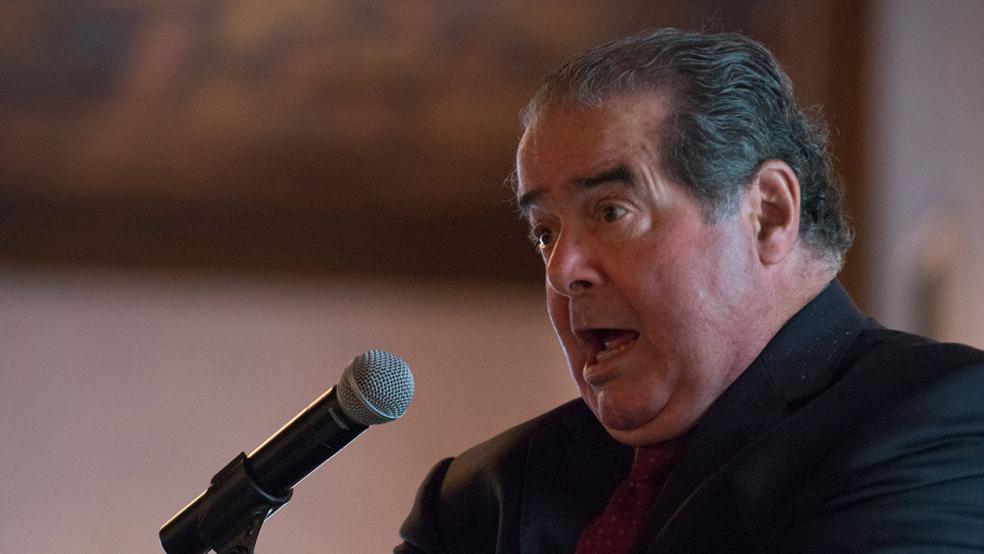Dow Chemical Co's agreement to pay $835 million to settle a price-fixing dispute provides evidence that Justice Antonin Scalia's death is a blow to businesses that have had success recently in challenging class action cases at the U.S. Supreme Court.
Dow
Related: A New Supreme Court Justice by Spring 2017? Don’t Count on It
The Dow dispute, in which it was accused of conspiring to artificially inflate polyurethane prices, had been on hold at the high court pending the outcome of another case.
Following Scalia's Feb. 13 death, the court's conservative wing lacks the five votes needed "to make dramatic new rules that curtail class actions," said Paul Bland, executive director of consumer advocacy group Public Justice.
Dow said in a statement that Scalia's death and the raging political fight over naming his successor meant an "increased likelihood for unfavorable outcomes for business involved in class action suits."
Two important class action cases were argued before the Supreme Court during its current term with Scalia on the bench. Based on November's oral argument, it appeared Tyson Foods Inc
Related: How Obama Is Hoping to Crack the GOP’s Supreme Court Blockade
Michael Donovan, a lawyer for the plaintiffs, said there have not been any settlement talks prompted by Scalia's death.
The other class action case heard by the Supreme Court this term involved online search company Spokeo Inc. The court appeared closely divided following November's oral argument, meaning it potentially could be split 4-4. That would hand a victory to the plaintiffs, although such a ruling would not set a national precedent.
CURBING CLASS ACTIONS
With Scalia joining the four other conservative justices in the majority, the court in recent years had issued a series of rulings curbing class-action litigation against businesses. These included significant victories for Wal-Mart in 2011 and Comcast Corp
Related: Supreme Court Battle Tests These Vulnerable GOP Senators' Reelection Chances
In those two cases, Scalia wrote the majority opinion for the court. The Comcast ruling was 5-4. The Wal-Mart decision was 5-4 on one aspect and unanimous on another.
Scalia's absence may influence the court's decisions on which new cases to hear. Four of the eight remaining justices must agree in order for the court to take up a case.
As early as Monday, the court could say whether or not it will hear a case involving Direct Digital LLC that class action lawyers are watching closely. The dispute focuses on what evidence is needed to show that members of a class have suffered an alleged injury.
Other class action cases that the Supreme Court must decide whether to hear include another one filed by Wal-Mart that is a successor to the gender discrimination suit that led to the 2011 ruling in the retailer's favor.
Before Scalia's death, the justices also had agreed to hear an appeal filed by Microsoft Corp

